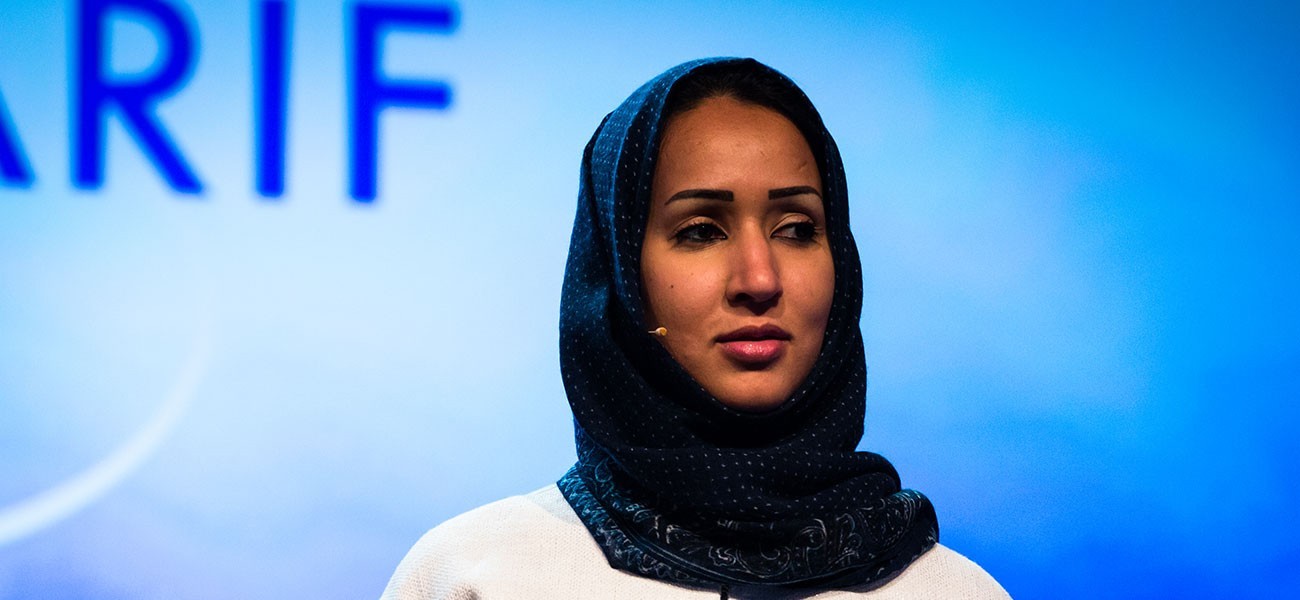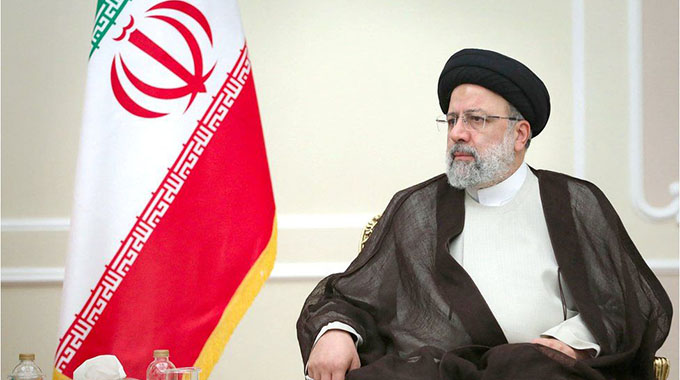S. Arabian women hail royal decree on driving

RIYADH. — Saudi Arabian women awoke to news of a royal decree permitting them to drive starting next year — and some were already behind the wheel yesterday, even though licenses will not be issued for nine months.“Saudi Arabia will never be the same again. The rain begins with a single drop,” Manal al-Sharif, who was arrested in 2011 after a driving protest, said in an online statement. Online videos showed a handful of women driving cars overnight, after King Salman’s decree was announced late on Tuesday.
“I wish I could translate my feelings right now. I feel like no one can understand it fully but us,” said Abeer Alarjani (32), who plans to start driving lessons this weekend. Now I’ll finally dare to dream for more.” The move represents a big crack in the laws and social mores governing women in the conservative Muslim kingdom. The male guardianship system requires women to have a male relative’s approval for decisions on education, employment, marriage, travel plans and even medical treatment.
Saudi Arabia, the birthplace of Islam, has been widely criticised for being the only remaining country to forbid women to drive. King Salman’s decree ends a conservative tradition seen by rights activists as an emblem of the country’s suppression of women. It is expected to boost the fortunes of 32-year-old Crown Prince Mohammed bin Salman, who has ascended to the heights of power in the kingdom in three short years with an ambitious domestic reform programme and assertive foreign policy. A muted response from Saudi’s powerful clergy, which has long backed the ban, suggested power shared between the Al Saud dynasty and the Wahhabi religious establishment could be shifting decisively in favour of the royals.
Many younger Saudis regard Crown Prince Mohammed’s ascent as evidence that their generation is taking a central place in running a country whose patriarchal traditions have for decades blocked women’s progress. Sharif, the activist, described the driving ban’s removal as “just the start to end long-standing unjust laws (that) have always considered Saudi women minors who are not trusted to drive their own destiny.” The Saudi ambassador to Washington said on Tuesday women would not need their guardians’ permission to get a license, nor to have a guardian in the car when driving.
In a country where gender segregation has been strictly enforced for decades in keeping with the austere Wahhabi form of Sunni Islam, the decree means women will have regular contact with unrelated men, such as fellow drivers and traffic police. Other rules have loosened recently, with the government sponsoring concerts deemed un-Islamic by the clergy, allowing women into a large sports stadium for the first time and permitting them to dance beside men in a central Riyadh street over the weekend.
Amnesty International welcomed the decree as “long overdue” but said there was still a range of discriminatory laws and practices that needed to be overturned. That risks inflaming tensions with influential Wahhabi clerics with whom the ruling Al Saud has enjoyed a close strategic alliance since the kingdom’s founding. — Reuters.







Comments